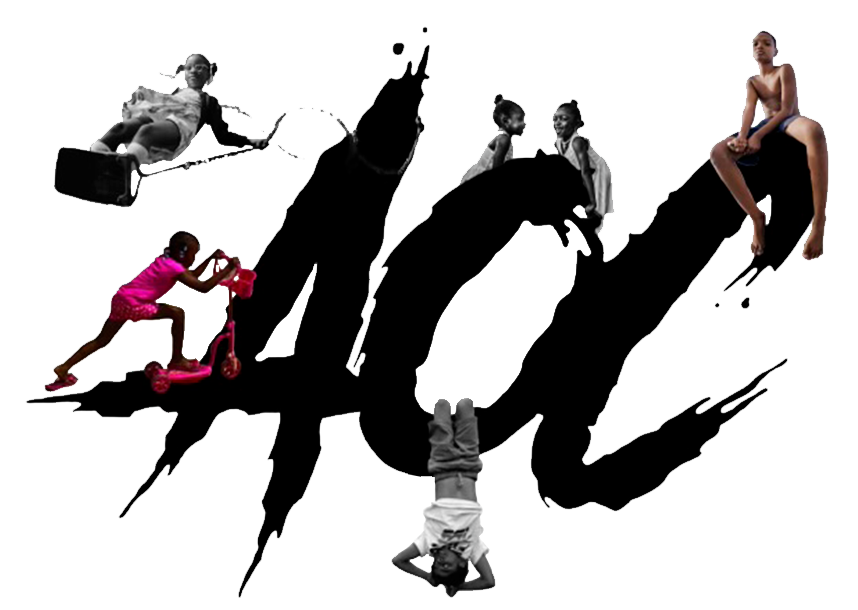Puberty is a natural and inevitable part of growing up. It marks the significant transition from childhood to adolescence, a time when the body undergoes rapid physical development—and just as importantly, the mind does too. While many focus on the physical changes of puberty, the emotional and psychological shifts are just as profound, often manifesting in what many recognize as mood swings.
These mood swings are not just fleeting emotions—they can affect a child’s self-image, academic performance, social interactions, and overall mental health. Understanding how puberty impacts children emotionally is essential for parents, caregivers, and educators who want to support kids through this intense and transformative phase of life.
The Emotional Rollercoaster of Puberty
One of the most noticeable signs of puberty is the sudden and often unpredictable shift in mood. Hormonal changes—especially fluctuating levels of estrogen and testosterone—affect brain chemistry, leading to intense emotions and mood swings.
A child may go from laughter to tears in minutes or express anger without a clear trigger. These experiences can be confusing, not just for the adults around them, but for the child too. It’s not unusual for preteens and teens to feel overwhelmed by emotions they can’t yet understand or manage effectively. As they navigate this storm of feelings, they may experience:
-
Irritability and frustration
-
Increased sensitivity or emotional outbursts
-
Frequent sadness or anxiety
-
Moments of withdrawal or isolation
These mood swings aren’t signs of misbehavior—they are signals of developmental change and a young person’s effort to adjust to the internal chaos they may not yet have the tools to articulate.
Body Image and Self-Esteem: Internal Battles
As puberty progresses, children begin to notice significant changes in their bodies. Growth spurts, acne, voice changes, and the development of secondary sexual characteristics can be a source of excitement—but also discomfort and insecurity.
In a culture heavily influenced by social media and idealized beauty standards, kids may start to compare their appearance to peers, celebrities, and influencers. If they feel they don’t “measure up,” it can lead to low self-esteem and negative body image.
Supporting a healthy body image during this stage is vital. Children need reassurance that everyone develops at a different pace and that their worth isn’t defined by how they look. Encouraging open conversations about appearance, health, and self-respect can create a strong foundation for confidence.
Peer Pressure and Shifting Social Circles
Puberty also coincides with a major shift in social dynamics. Friendships become more important, peer influence intensifies, and the desire to “fit in” grows stronger. These changes can lead to anxiety, fear of rejection, and stress—especially when combined with fluctuating moods.
Peer pressure can push kids toward behaviors that aren’t in line with their values or family rules, simply because they’re afraid of being left out. Reassure them that it’s okay to set boundaries and that true friendships are built on mutual respect.
Encouraging social independence while also staying engaged in your child’s social life (without being overbearing) can help them feel supported as they learn to navigate this new world of relationships and self-identity.
Academic Pressure and Emotional Load
Puberty doesn’t press pause for schoolwork. In fact, as emotional and hormonal changes take center stage, many children find it harder to focus, stay motivated, or manage academic stress. This can lead to:
-
Declining grades
-
Procrastination
-
Increased test anxiety
-
A feeling of falling behind
It’s important to recognize that dips in academic performance during puberty aren’t always due to laziness. Sometimes, kids are simply overwhelmed and don’t yet have the emotional regulation skills to manage stress effectively. Support, structure, and understanding go a long way in helping them stay on track academically.
Coping Mechanisms: Healthy vs. Harmful
As kids attempt to deal with emotional discomfort, they may develop coping strategies—some healthy, some not. Without guidance, they might turn to unhealthy behaviors like self-isolation, excessive screen time, self-harm, or even experimentation with substances.
Parents and caregivers should create a judgment-free environment where kids feel safe to talk about their emotions. Teach and model healthy coping mechanisms, such as:
-
Journaling
-
Exercise
-
Deep breathing or mindfulness
-
Talking to a trusted adult
-
Creative expression through art or music
Recognizing the signs of emotional distress early and offering a supportive presence can prevent harmful behaviors from taking root.
How Adults Can Support Kids Through Puberty
Navigating puberty doesn’t have to be a solitary or scary journey. Here’s how adults can help children cope with puberty-related mood swings and emotional upheaval:
-
Open the door to honest conversations. Let your child know it’s safe to express any emotion—without judgment.
-
Validate their feelings. Avoid minimizing their experiences. Instead, show empathy and help them put emotions into words.
-
Educate them. Understanding the science behind puberty can help normalize their experiences and reduce shame or confusion.
-
Encourage balance. Help them maintain healthy routines including sleep, nutrition, and physical activity, which all support mood regulation.
-
Seek professional help if needed. If mood swings become extreme or interfere with daily life, a therapist or counselor can provide critical support.
Conclusion
Puberty is not just a phase of physical transformation—it’s an emotional and psychological evolution that can dramatically impact a child’s mental health. Mood swings are a natural part of this transition, but with the right support, children can navigate this phase with resilience, confidence, and clarity.
By fostering open communication, supporting healthy habits, and staying connected through the ups and downs, adults can help children not only survive puberty—but thrive through it.
Frequently Asked Questions
What are puberty mood swings?
Puberty mood swings are intense and unpredictable emotional changes caused by fluctuating hormone levels. Kids may experience sudden bouts of anger, sadness, anxiety, or joy, often with no clear trigger. These shifts are normal and reflect the body and brain’s adjustments during adolescence.
Is it normal for a 12-year-old to have mood swings?
Yes, it is completely normal. Age 12 often falls right in the middle of the early stages of puberty, when hormonal changes are in full swing. Moodiness, emotional outbursts, and sensitivity are typical and usually improve with emotional maturity and support.
Why do I get so angry during puberty?
The increase in hormones like testosterone and estrogen affects how the brain processes emotions. This can lead to intense anger or irritability. These feelings may seem overwhelming, but they are a natural part of puberty and can be managed with healthy coping skills.
At what age does puberty hit the hardest?
Puberty tends to “hit the hardest” between ages 11 to 14. This is when most kids experience rapid growth, hormonal surges, and the onset of significant physical and emotional changes. However, the timing can vary based on genetics, environment, and overall health.
Children’s Mental Health Services in Houston & San Antonio Texas
Accepting Medicaid & Private Insurance
Reach out
Phone Number: 1-855-AOC-6100
24 Hours Crisis Line: 832-934-7770
Hours: Monday-Friday 9-5PM
Location: Houston & San Antonio areas
Houston Email: admin@aocoutreachservices.com
San Antonio Email: admin.sa@aocoutreachservices.com
Insurance Accepted
Medicaid: Texas Children Health Plan, Superior Health Plan, Molina Healthcare, United Healthcare
Private: Aetna, Blue Cross Blue Shield, & Cigna
Offices
Houston Office: 6671 Southwest Freeway, Suite 675, Houston, Texas, 77074
San Antonio Mailing Address: 45 Northeast Loop 410 Suite 207, San Antonio, Texas 78216
Follow Us
learn more
Start Services


